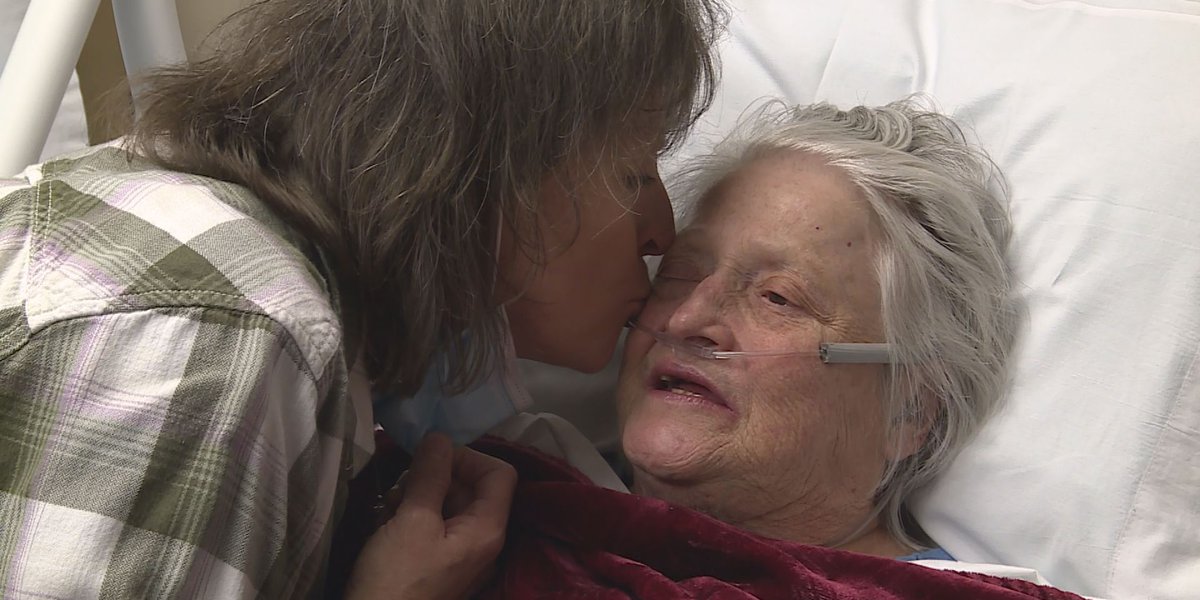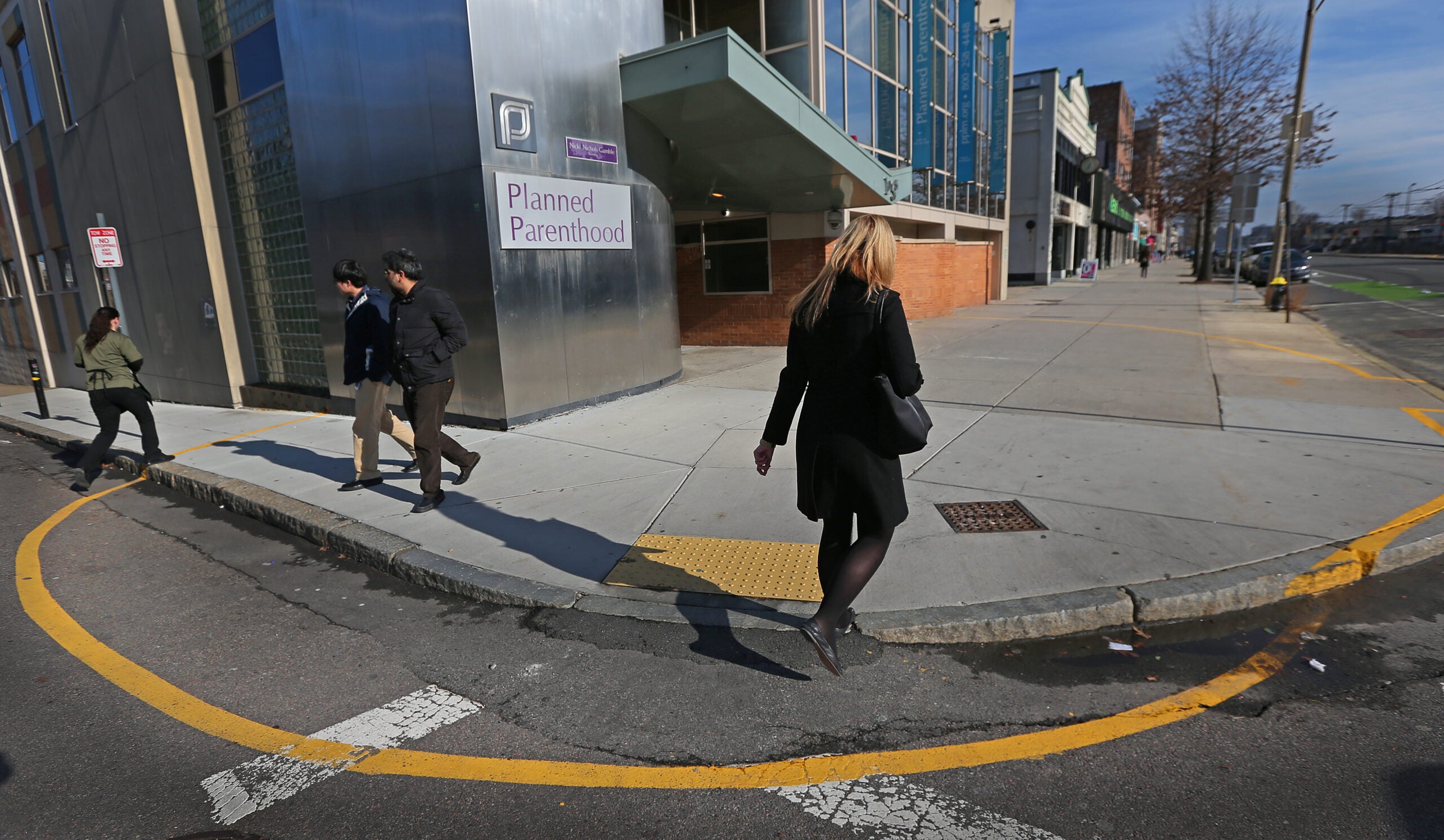[ad_1]
THE LOCAL NONPROFIT Atrius Health physician practice organization has been cleared for sale to national for-profit Optum Health, a subsidiary of investor-owned United Healthcare. Legally, the proceeds must be directed toward charitable purposes. We each run health conversion foundations and know that conversions can continue the health legacy of their prior organizations and be forces for enormous good, addressing myriad health issues for generations to come.
Massachusetts has a deep-rooted history of nonprofit health care. Our state’s leading hospitals, health insurance carriers, and primary care practices have been structured as tax-exempt organizations dedicated to meeting the needs of those seeking care. This model, which has served the Commonwealth well by investing excess revenues into expanded services, facilities, and care options began to change in the mid-1990s as health care financing and costs made access to capital more difficult.
In 1996, the first sales of nonprofit health care entities occurred in the state as MetroWest Medical Center, a hospital system, and Central Massachusetts Health Care, an HMO, were sold to for-profit entities. While there has been much debate as to whether corporate tax status impacts health care access or quality, an equally important question is how the proceeds from such sales are used to support community health.
The sale of the hospital and the HMO resulted in the establishment of the MetroWest Health Foundation and The Health Foundation of Central Massachusettseach dedicated to serving the needs of the communities served by the prior institutions. Collectively, these two foundations have invested more than $131 million in grants to local health and human service projects that address community needs and have supported a variety of policy initiatives that bring long-term systems change and improvement to the region.
There are many similarities in the foundations’ grantmaking. Both have invested in mental health, substance use prevention, health equity, and access to care. Grants have enabled the establishment and expansion of community health centers in the MetroWest and Central Massachusetts regions, including school-based health centers and the addition of optometry and dental care. Both foundations were early funders of the co-response model to divert people with psychiatric illnesses away from jails and into treatment by embedding licensed mental health clinicians within police departments, allowing them to respond in real time to calls for assistance. The model has since been replicated in many Massachusetts communities.
And yet both foundations also fill particular niches, with the MetroWest Health Foundation directly investing in data collection and policy briefs to inform decision-makers and providing scholarships for residents pursuing medicine, nursing, and the allied health professions, while The Health Foundation of Central Massachusetts leverages its ability to lobby as a 501(c)(4) to achieve policy and systems changes for community-driven strategies informed by rigorous evaluation.
The MetroWest Health Foundations investment in the MetroWest Adolescent Health Survey, a biennial census of the risk behaviors of the region’s 42,000 middle and high school students, has provided valuable data for local school systems to tailor health services and health education classes to better serve students. The survey helped drive the national Tobacco 21 movement. Survey data in Needham, the first jurisdiction in the country to set the minimum age to purchase tobacco at 21, saw a significant drop in tobacco use among teens, convincing other municipalities and states to raise their purchase age to 21, which is now federal law.
The Health Foundation of Central Massachusetts directs the majority of its investments to multiyear, multimillion-dollar Synergy Initiative grants aimed at policy or systems change, with the issues identified by the community rather than divined by the foundation. One example would be the Worcester Initiative for Supported Reentry project, a $2.3 million project led by Advocates Inc. in partnership with the Worcester County Sheriff’s Office, which demonstrated the effectiveness of intensive case management services to support individuals being released from prison, resulting in a significant reduction in the recidivism rate. Data-driven advocacy led to broader implementation across the state and sustained state funding, including through a Medicaid pilot.
These are just some examples of how these “conversion” or “legacy” foundations are striving to improve health in Massachusetts in data-driven and sustainable ways. This work is not without its challenges, but success is based on solid philanthropic principles of listening to, and working with, those in the community; rigorous planning and evaluation; and a strong commitment to transparency and accountability. These are the very principles that will also ensure the success of the new Atrius Health Equity Foundationas it puts proceeds from that sale to work in the coming months.
Martin Cohen is the president and chief executive officer of the MetroWest Health Foundation, and he currently serves as a member of the Massachusetts Health Policy Commission. Amie Shei is the president and chief executive officer of The Health Foundation of Central Massachusetts.
SHARE
[ad_2]
Source link





